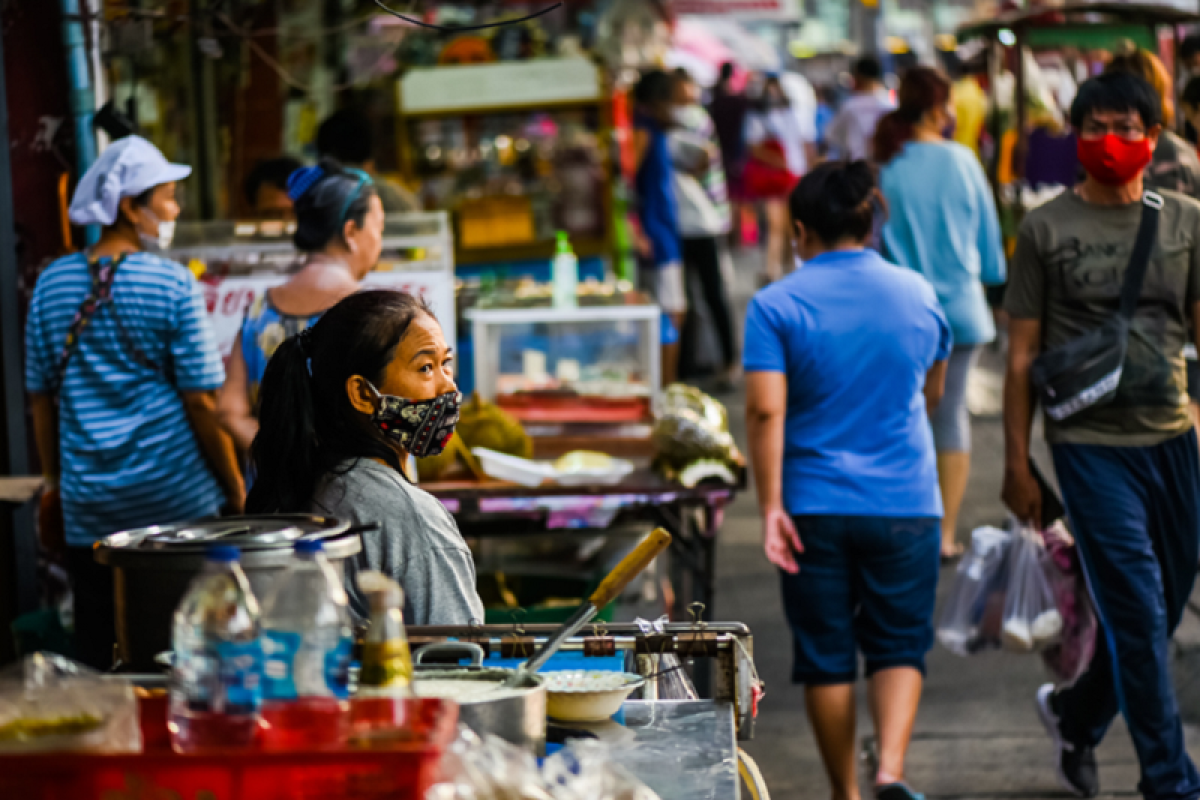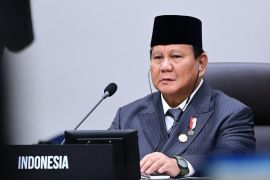During the first APEC Senior Officials’ Meeting in 2022, member economies deliberated on approaches for refreshing discussions on the Free Trade Area of the Asia-Pacific (FTAAP) post-pandemic, the reopening of safe and seamless travel in the region, as well as exploring the bio-circular-green (BCG) economy model, as noted in a release issued by the APEC Secretariat and received here on Monday.
"In the past years, member economies have worked hard in moving forward our work on FTAAP," Chair of the 2022 APEC Senior Officials Meeting Thani Thongphakdi stated.
"While differences in positions on this issue persist, I believe there are opportunities for cooperation, given the changing landscape and emerging challenges, especially from the COVID-19 pandemic," according to Thongphakdi, who is concurrently Thailand’s Permanent Secretary of Foreign Affairs.
He emphasized that future-proofing the work on regional economic integration and next-generation issues, such as health, environment, sustainability, and digital economy, should be taken into account.
The APEC Committee on Trade and Investment will conduct discussions on FTAAP and COVID-19 forward, with a scheduled dedicated session on March 15, and a public-private dialog on the sidelines of the APEC Ministers Responsible for Trade Meeting in May 2022, in collaboration with the APEC Business Advisory Council.
APEC members reiterated the importance of trade in pursuit of economic recovery, emphasizing their staunch support for the role of the multilateral trading system, with the World Trade Organization (WTO) at its core.
"APEC can build a good momentum for substantive and meaningful outcomes of the 12th Ministerial Conference (MC12) rescheduled for this June, including on issues of trade and health, environment, agricultural, fisheries subsidies, and the WTO reform," Thani explained.
Member economies also called for continued and intensified efforts to improve the services sector in APEC through the utilization of digital technologies and the APEC Services Competitiveness Roadmap, as well as by continuing discussions on environmental goods and services.
According to a report by the APEC Policy Support Unit, APEC’s share of total world services exports has declined, from 38.8 percent in 2016 to 38.1 percent in 2019, which means the APEC has decreased its trajectory and has to ramp up exports of services rapidly if it is keen to increase its global share of services exports by 2025.
Services are critical for most economies, as they provide the bulk of economic output and employment. APEC needs to build momentum to ensure an open and predictable environment for access to the services markets.
To advance APEC’s sustainability agenda, Thani introduced goals that will support the promotion of economic policies that complement global efforts in addressing environmental challenges.
Thani added that APEC's mechanisms to further sustainability were decentralized.
"These goals driven by the BCG economy aim to provide the entry point to advance this agenda in an integrated and comprehensive manner," he stressed.
APEC senior officials concluded their first meeting of the year and will convene again in May 2022 in Bangkok, Thailand.
Related news: APEC preps for recommencing travel
Related news: APEC takes steps to reconnect region, intensify regional integration
Related news: APEC sees surge in trade, grows double digits despite disruptions
Reporter: Yuni Arisandy Sinaga
Editor: Sri Haryati
Copyright © ANTARA 2022











